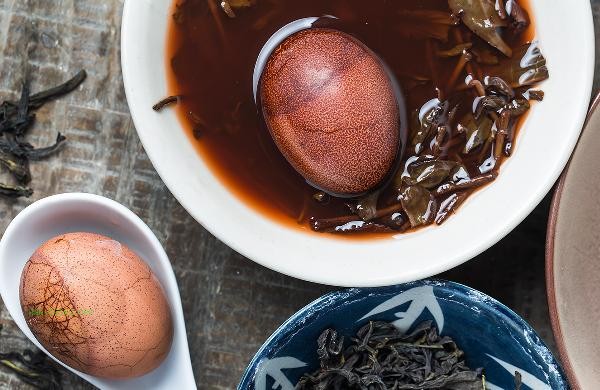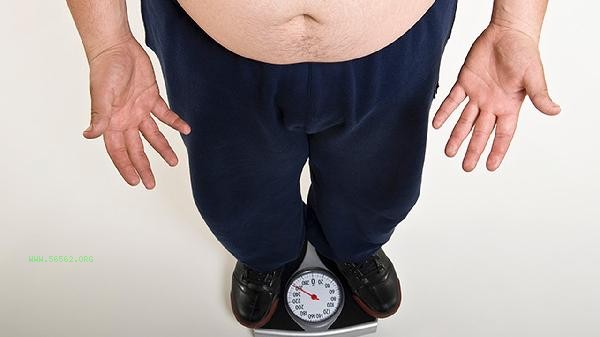You can eat Tea egg in moderation during weight loss. As a food with high protein and low calorie, Tea egg are mainly composed of protein, a small amount of fat and trace elements. Each 100g contains about 140 kcal, which is suitable as a source of protein supplement during weight loss. The key to weight control lies in the balance of total calorie intake and consumption. The consumption of Tea egg should pay attention to the three core factors of brine, single intake and collocation.

1. Brine:
A large amount of soy sauce and salt will be added in the process of making traditional Tea egg, which may lead to excessive sodium intake. A high sodium diet can easily cause edema and elevated blood pressure, indirectly affecting the weight loss effect. It is recommended to choose low salt brine or homemade versions, and control the soaking time within 6 hours to reduce sodium content. Individuals with abnormal kidney function should strictly limit their consumption.
2. Single intake:
It is recommended to eat 1-2 Tea egg per day. Each egg contains about 6 grams of high-quality protein, which can provide sustained satiety, but excessive consumption may lead to high cholesterol intake. Eating 200 grams of vegetables together can delay blood sugar rise and enhance dietary fiber intake. Eating within 30 minutes after exercise can promote muscle repair.
3. Matching method:

Avoiding consumption with refined carbohydrates is key. The combination of Tea egg with whole wheat bread is more conducive to blood sugar stability than that of porridge, and the combination with sugar free soybean milk can improve the protein absorption rate. When eaten as breakfast, it is recommended to pair it with low GI fruits and vegetables such as cherry tomatoes or cucumbers to avoid premature midday hunger.
4. Nutritional comparison:
Compared with boiled eggs, Tea egg will lose some B vitamins due to the brine process, but the iron content will increase by 30%. It is better to eat it alternately during weight loss. Boiled eggs retain all nutrients, and Tea egg provide flavor changes. Both have a protein digestion and absorption rate of over 92%, making them natural protein sources superior to protein powder.
5. Special populations: Pregnant women should ensure that eggs are fully cooked to avoid the risk of Salmonella. Those with abnormal thyroid function should pay attention to the fact that tea polyphenols in Tea egg may affect drug absorption, and it is recommended to take them every 2 hours. Teenagers can consume it daily during weight loss, but it needs to be supplemented with sufficient calcium.
Diet management during weight loss requires systematic planning. In addition to focusing on individual foods, a scientific dietary structure should also be established. It is suggested to include Tea egg in the calculation of total daily protein intake. The daily protein demand of ordinary adults is 1-1.5 grams per kilogram of body weight. Combining 150 minutes of moderate intensity exercise per week, such as brisk walking, swimming, and other aerobic exercises with resistance training, can effectively improve basal metabolic rate. Prioritize low oil cooking methods such as steaming and cold mixing, and avoid deep fried foods. Maintaining a daily water intake of at least 2000 milliliters and a sleep duration of no less than 7 hours are comprehensive measures that are more effective in achieving healthy weight loss goals than simply controlling certain foods. It is recommended to weigh at a fixed time every week for weight monitoring, focusing on changes in body fat percentage rather than just weight numbers.





Comments (0)
Leave a Comment
No comments yet
Be the first to share your thoughts!